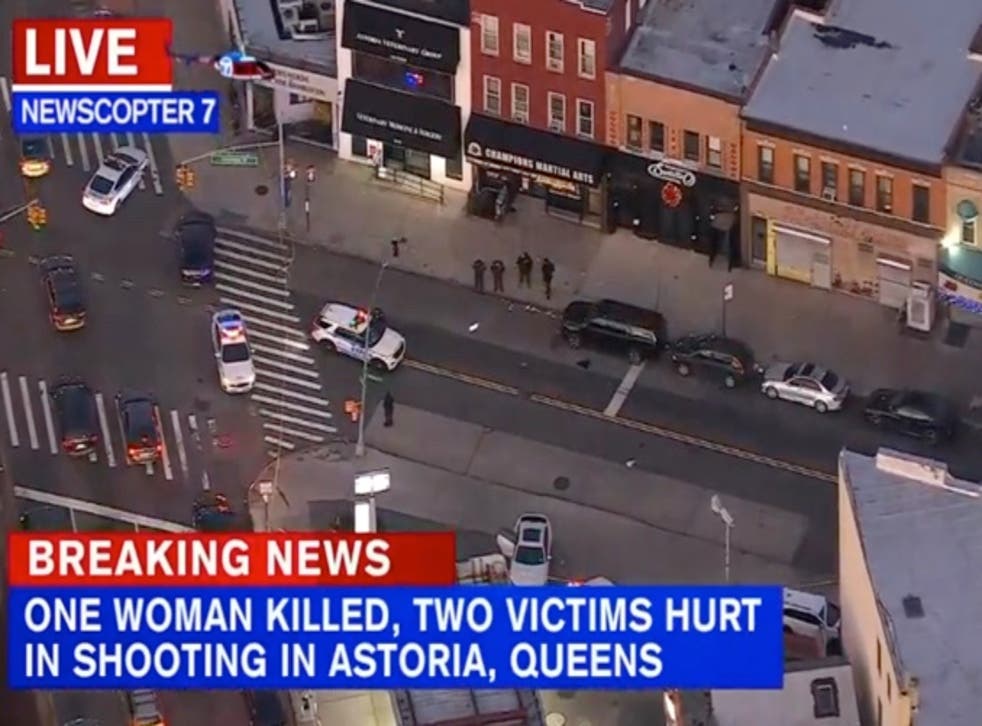The Pursuit of ‘Social Justice’ Is Getting People Killed
Chaos follows wherever far-left attitudes on crime and punishment are allowed to take hold.
By Jason L. Riley
The Wall Street Journal
July 12, 2022

It’s difficult to keep track of all the public policies being advocated in the name of “social justice,” but the damage is mounting. And no one is harmed more than the people in whose name the policies are promoted.
Sunday’s Philadelphia Inquirer reported on its front page that the City Council president wants “to revisit stop-and-frisk,” a police tactic that involves officers’ stopping, questioning and sometimes searching pedestrians engaged in suspicious behavior. For decades, police departments around the country have used stop and frisk to remove illegal guns from the street and reduce crime rates. But social-justice activists—who, ironically, support gun control—have decried the practice because blacks and Hispanics are stopped more often than other groups.
For critics, the racial imbalance in stops is evidence of racial bias, rather than a reflection of higher violent crime rates among blacks and Hispanics versus other racial and ethnic groups. Men are also stopped more often than women. Is that evidence of sexism? In big cities such as Philadelphia, Chicago, St. Louis and Baltimore, violent crime is highly concentrated, not only among certain groups but also geographically. “A small sliver of blocks—just 4 percent in Chicago, for example—can account for a majority of shootings in a city or a county,” the New York Times reported recently.
Yet in their efforts to correct racial disparities in policing, social-justice activists play down or ignore the racial disparities in crime victimization. When Michael Nutter was mayor of Philadelphia, from 2008 to 2016, he supported stop and frisk, and “its use—combined with other law-enforcement strategies—coincided with the city’s lowest murder rate in 50 years,” according to the Inquirer. Under pressure from the American Civil Liberties Union and other activists, however, the current mayor curtailed the practice, the number of stops plummeted, and violent crime spiked.
Meanwhile, Philadelphia’s district attorney, Larry Krasner, prides himself on not prosecuting lawbreakers, and the results are what you might expect. The city set an all-time record for homicides in 2021 with 562 deaths. Blacks are a little more than 40% of the city’s population but about 85% of those killed. In addition, 1,800 people were shot and wounded last year, which might be related to the fact that more than 60% of people arrested on gun charges faced no penalty and were turned loose.
After Mr. Krasner nevertheless insisted that “we don’t have a crisis of lawlessness, we don’t have a crisis of crime, we don’t have a crisis of violence,” Mr. Nutter unleashed on his fellow Democrat in an Inquirer op-ed. “It takes a certain audacity of ignorance and white privilege to say that right now,” Mr. Nutter wrote. “I have to wonder what kind of messed up world of white wokeness Krasner is living in to have so little regard for human lives lost, many of them Black and brown, while he advances his own national profile as a progressive district attorney.”
Soft-on-crime policies may be one of the more dramatic illustrations of how social-justice activism can backfire to the detriment of its intended beneficiaries, but there are others. Recent efforts to diminish or eliminate education standards effectively amount to giving up on low-income minority children in the name of helping them. Ending use of the SAT in college admissions won’t close the learning gap that the test exposes. It will merely delay the exposure until some future date.
This misguided focus on even or proportionate group outcomes is what distinguishes social justice from traditional concepts of justice, where the focus is on impartial processes. As Thomas Sowell has written, “a defendant in a criminal case would be said to have received justice if the trial were conducted as it should be, under fair rules and with the judge and jury being impartial. After such a trial, it could be said that ‘justice was done’—regardless of whether the outcome was acquittal or execution.” By contrast, “rules and standards equally applicable to all are often deliberately set aside in pursuit of ‘social justice.’ ”
Exempting favored minority groups from academic or behavioral standards that apply to others in society fuels racial tensions and does nothing to address the disparities and gaps that ostensibly motivate social-justice advocates. Permanent welfare-state expansions in the guise of “temporary” pandemic relief will increase dependency and hamper economic growth insofar as able-bodied adults spurn the labor market. By reducing the need for people at the bottom to enter the labor force, a growing welfare state contributes to the economic inequality that liberals never tire of lamenting.
In a New York Times/Siena College poll released this week, President Biden’s job-approval rating sits at 33%, and only 13% of voters say the country is on the right track. No single development fully explains the malaise, but the administration’s social-justice agenda probably isn’t helping.
No comments:
Post a Comment